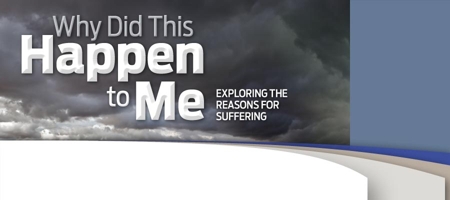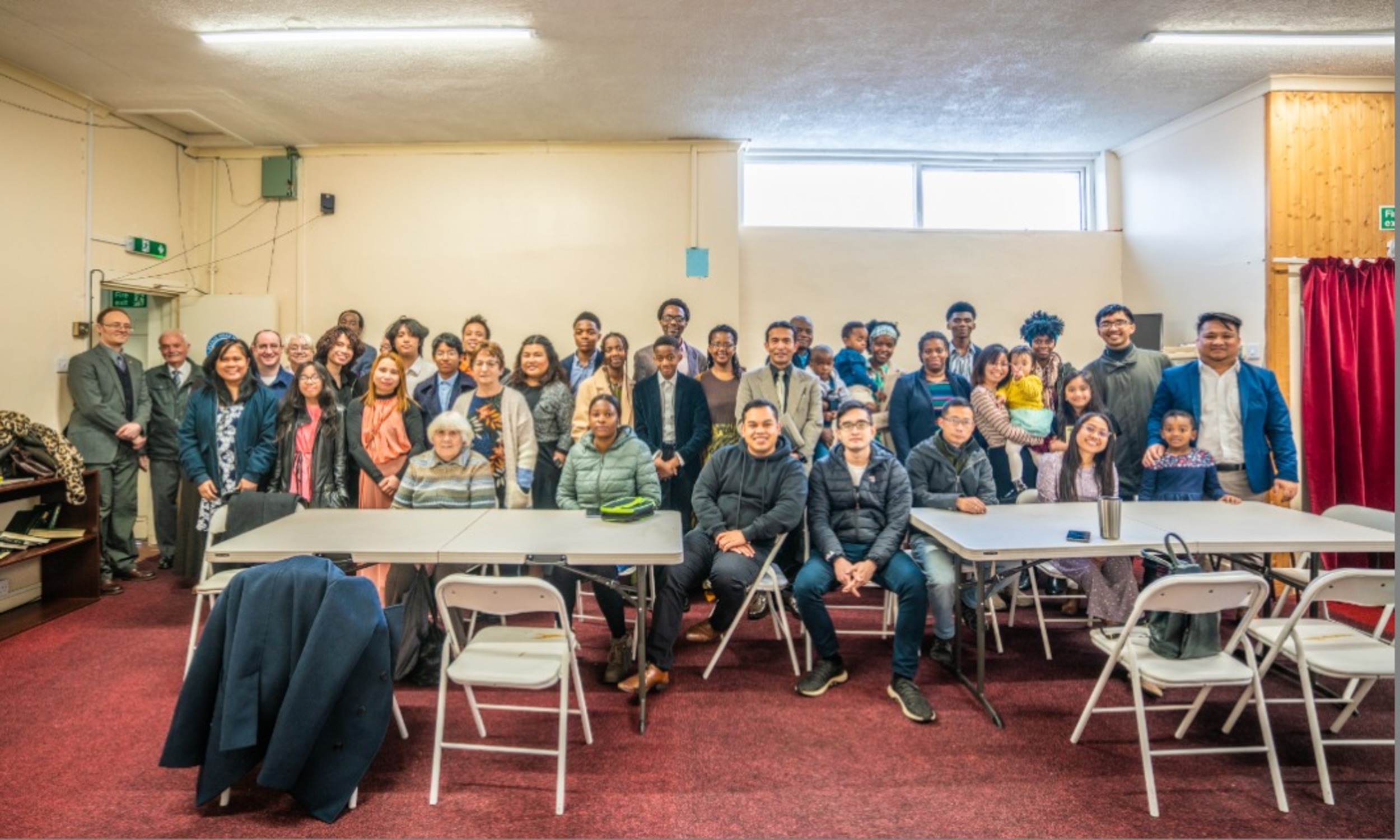
Physicians who treat chronically or terminally ill patients often hear them ask, “Why did this happen to me?” This is an impossible question to answer because it begins with a “why” and not a “how.” “How” is answered by science, while “why” seems to be seeking a religious explanation.
Am I being targeted by forces I cannot control? Am I being punished by God for something I did? Well-meaning comforters may offer their own replies: “God is teaching you something,” or “Be grateful for what you are facing since this is God’s method of purifying you in the refiner’s fire.” Such empathy is more bruising than helpful. It also reincarnates the heresy that Jesus combated in His ministry:
“As [Jesus] walked along, he saw a man blind from birth. His disciples asked him, ‘Rabbi, who sinned, this man or his parents, that he was born blind?’ Jesus answered, ‘Neither this man nor his parents sinned; he was born blind so that God’s works might be revealed in him’” (John 9:1-3).* Jesus is clear: No one here is being “taught a lesson.”
At a young father’s funeral a prominent pastor suggested to his widow that she “needed to learn what God was trying to teach her” through this tragedy. Weeks later, when she and I sat down to chat, this well-
educated teacher fumed, “Am I so dumb that God has to kill my husband to teach me something?”
Our desire to think that God is behind all that happens has a clear lineage: We need to believe that God is “in control,” that nothing can transpire that God does not will, whether by deliberately causing or allowing our misfortune to strike us. We assume that what we do causes what happens to us. If we are “good,” our crops will grow and our families will be protected. If we are “bad,” all bets are off, as we say. This approach offers some believers a measure of comfort. If by our faithfulness or lack of it we can please or displease God, we have a degree of control over what happens to us, some reason. God’s protection is reserved for those who deserve it. More pagan than Chris-tian, this view is nonetheless appealing. The thought that events can occur that God does not control or that flawed human behavior may cause tragedy is very troubling to many.
Fueling such attitudes, in my view, are some misinterpretations of selected biblical promises of protection. For example: “God is our refuge and strength, a very present help in trouble. Therefore we will not fear, . . . though the mountains shake in the heart of the sea; though its waters roar and foam, though the mountains tremble with its tumult” (Ps. 46:1-3); and “A thousand may fall at your side, ten thousand at your right hand, but it will not come near you” (Ps. 91:7).
“It will not come near you” is thought to be a quasi-guarantee that believers will be spared the crumbling buildings from Haiti’s earthquake or the winds and floods of Katrina. If we think such promises apply in every case, what can we say to the mother who moans, “I prayed every day for the safety of my child, yet she was killed by a drunk driver.” Such tragedies can tempt us to question God’s providence and the power of prayer.














































